CATT meeting
Theme: ePortfolio Showcase
eportoflio is the tool and eportfolio presentation is the final assessment
Digital Literacy for St. Cloud State University
Theme: ePortfolio Showcase
eportoflio is the tool and eportfolio presentation is the final assessment
Table 1

Table 2

Table 3

Table 4

Table 5

Table 6

Table 7

Table 8

Table 9
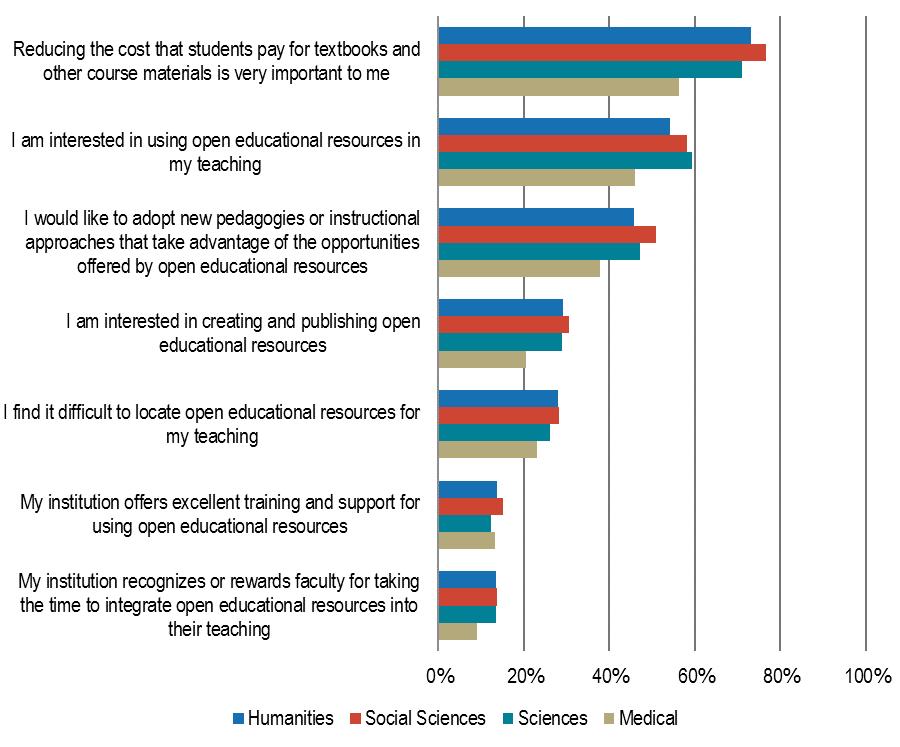
Table 10
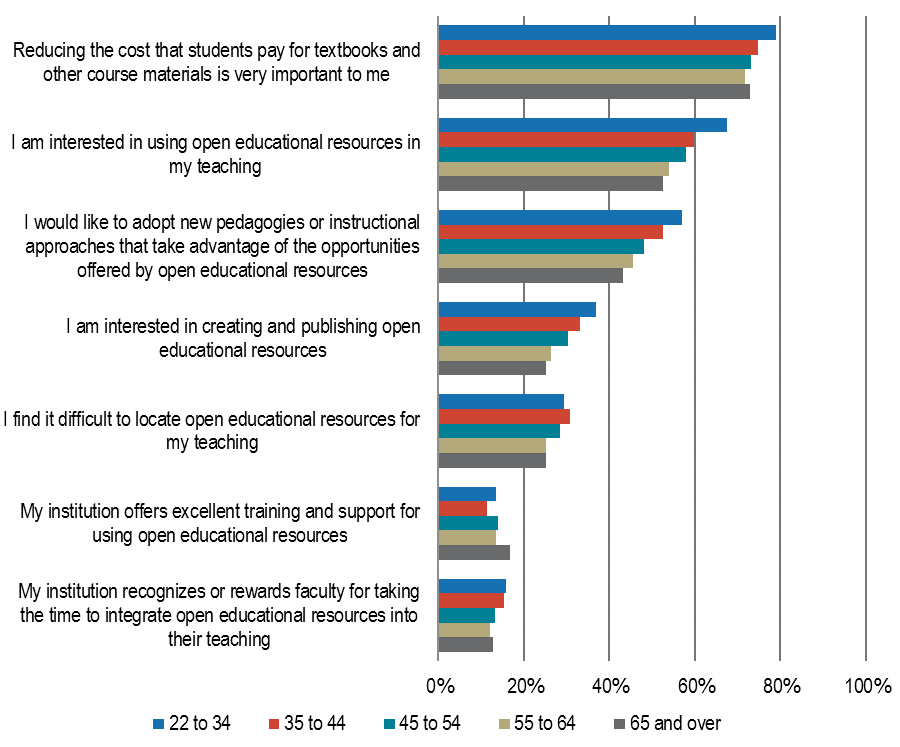
Table 11
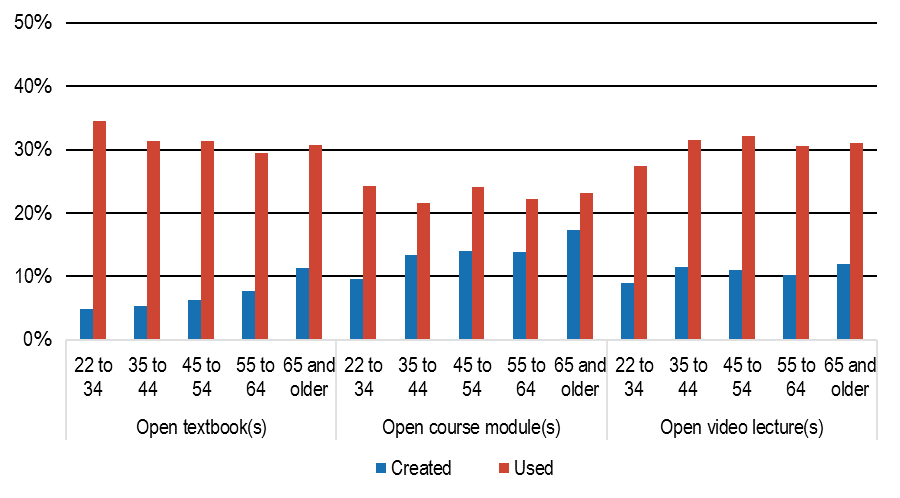
Table 12
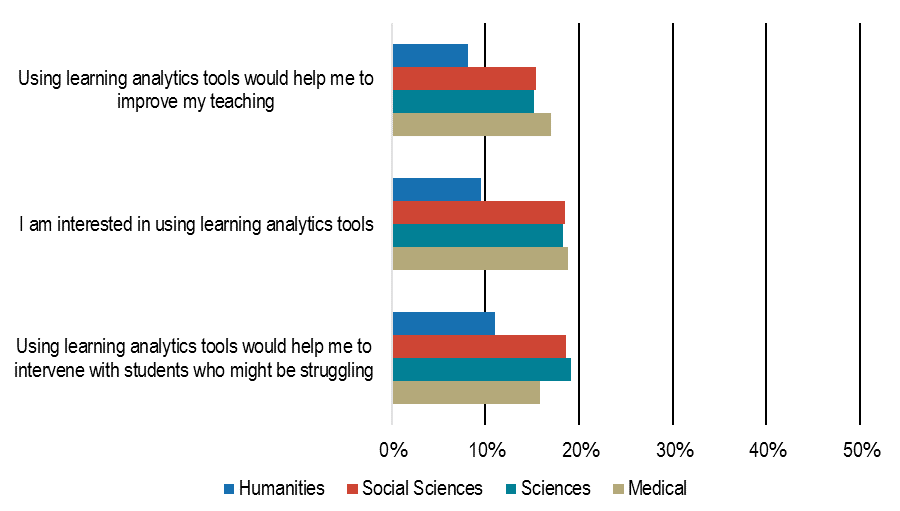
table 13
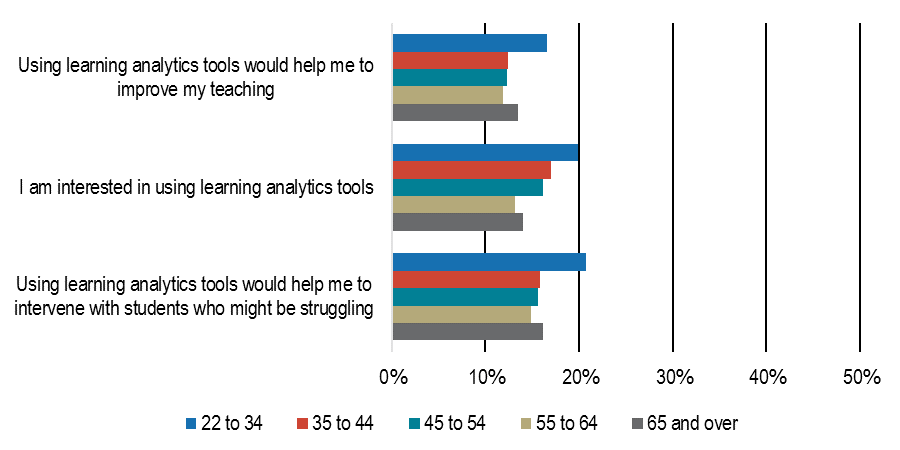
table 14
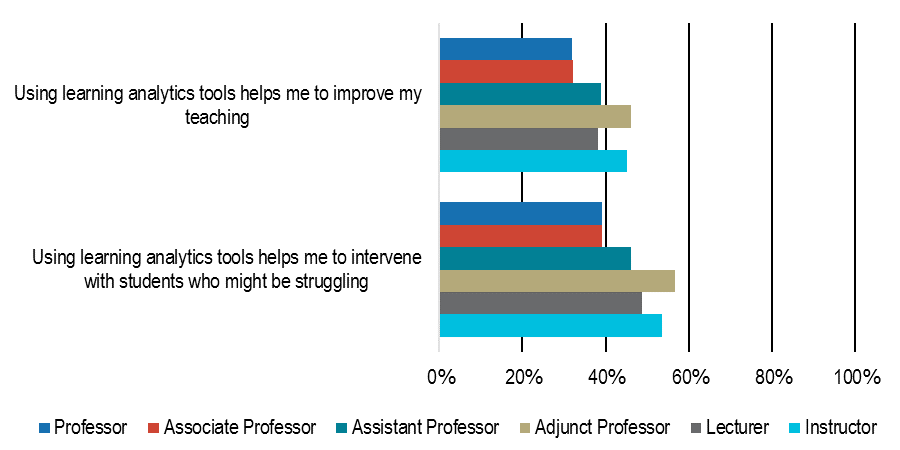
table 15
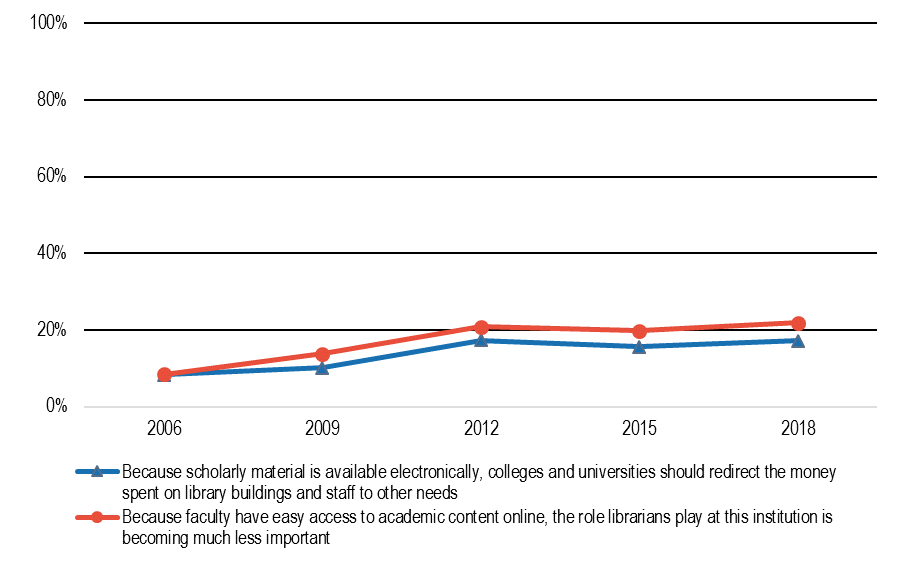
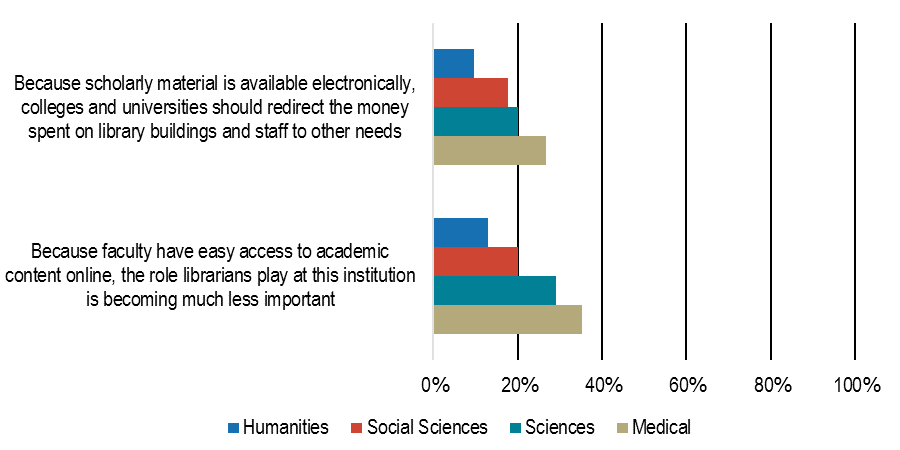
the tendency of an organization to imitate another organization’s structure because of the belief the structure of the latter organization is beneficial
April 13, 20195:00 AM ET
The oldest members of Generation Z are around 22 years old — now entering the workforce and adjusting their social media accordingly. They are holding back from posting political opinions and personal information in favor of posting about professional accomplishments.
only about 1 in 10 teenagers say they share personal, religious or political beliefs on social media, according to a recent survey from Pew Research Center.
70 percent of employers and recruiters say they check social media during the hiring process, according to a survey conducted by CareerBuilder
Generation Z, nicknamed “iGen,” is the post-millennial generation responsible for ‘killing’ Facebook and for the rise of TikTok.
Curricula like Common Sense Education’s digital citizenship program are working to educate the younger generation on how to use social media, something the older generations were never taught.
Some users are regularly cleaning up — “re-curating” — their online profiles. Cleanup apps, like TweetDelete,
Gen Zers also use social media in more ephemeral ways than older generations — Snapchat stories that disappear after 24 hours, or Instagram posts that they archive a couple of months later.
Gen Zers already use a multitude of strategies to make sure their online presence is visible only to who they want: They set their account to private, change their profile name or handle, even make completely separate “fake” accounts.
+++++++++++++++
more on social media in this IMS blog
https://blog.stcloudstate.edu/ims?s=social+media
and privacy
https://blog.stcloudstate.edu/ims?s=privacy
https://twitter.com/search?q=%23ARVRinEDU&src=typd
Which AI project should my students work on for a summer class?
my note: check out the comments
https://cloud.google.com/vision/
IBM Watson
April 12, 201911:43 AM ET.JONATHAN LAMBERT.
https://www.npr.org/sections/health-shots/2019/04/12/712682406/does-empathy-have-a-dark-side
author Fritz Breithaupt. “Sometimes we commit atrocities not out of a failure of empathy but rather as a direct consequence of successful, even overly successful, empathy,” he writes in his forthcoming book The Dark Sides of Empathy.
Breithaupt, who directs the Experimental Humanities Lab at Indiana University, argues that empathy is a morally ambiguous capacity, one that can lead us astray if we don’t understand its many sides.
People assume that empathy is good because it is good for the recipient of empathy — I’m actually skeptical about this.
How is empathy good for the empathizer?
“vampiristic empathy.”
Vampiristic empathy is a form of empathy where people want to manipulate the people they empathize with so that they can, through them, experience the world in such a way that they really enjoy it.
An extreme case of this is helicopter parenting. Helicopter parents are constantly trying to steer their kids in the directions they think are the right directions. Of course they want the best for their children.
In a sense, extreme helicopter parents are robbing their kids of a selfhood so that they can basically project their own self into these kids.
empathy can actually make us more polarized instead of bringing us together.
Humans are very quick to take sides. And when you take one side, you take the perspective of that side. You can see the painful parts of that perspective and empathize with them, and that empathy can fuel seeing the other side as darker and darker or more dubious.
Are there other downsides to empathy?
[Empathizers] may overextend themselves. If you are a medical doctor who sees a lot of suffering and pain every day, it can very quickly become too much. Something like a third of medical doctors suffer from “empathy burnout” that is so severe that it affects their functioning as doctors and their personal life. They become the victim of feeling empathy.
My note: and some therapists can suffer of “hollow” empathy – an empathy not as a human feeling but as a tool to extend their ability/control in the room.
Also, “MInnesota Nice” can acquire a rather different meaning seen through the lens of this research
My core argument here is that in many cases of altruistic help or humanitarian aid, people actually don’t really empathize as much with the person in need. They identify more with the helper, the hero, the person who intervenes even if it’s an imaginary helper.
If you want recognition and if that doesn’t come, it can turn into resentment.
we can learn to use empathy in a somewhat controlled way. We can learn when to block it, when to not allow empathy to be manipulated and when to fully turn it on.
Yes, we are born with empathy, but it needs constant practice [to know] when to use it and when not to use it. So the dark sides are so important to know because they teach us that in some cases you shouldn’t empathize.
+++++++++++++++++
more on empathy in this IMS blog
https://blog.stcloudstate.edu/ims?s=empathy
https://www.linkedin.com/pulse/toxic-environments-make-people-sick-projects-fail-oleg-vishnepolsky
Signs you work in a toxic environment:
1) Disrespect and belittlement
2) Unreasonable pressure to get short term results at expense of the long term strategy
3) Inequity, unfairness, favoritism, injustice
4) Any kind of harassment and bullying
5) Lack of empathy, of appreciation, of support
6) Excessive control known as micromanagement
7) Morally questionable environments, lack of integrity, encouragement of dishonesty
https://www.linkedin.com/feed/update/urn:li:activity:6519206759985410048